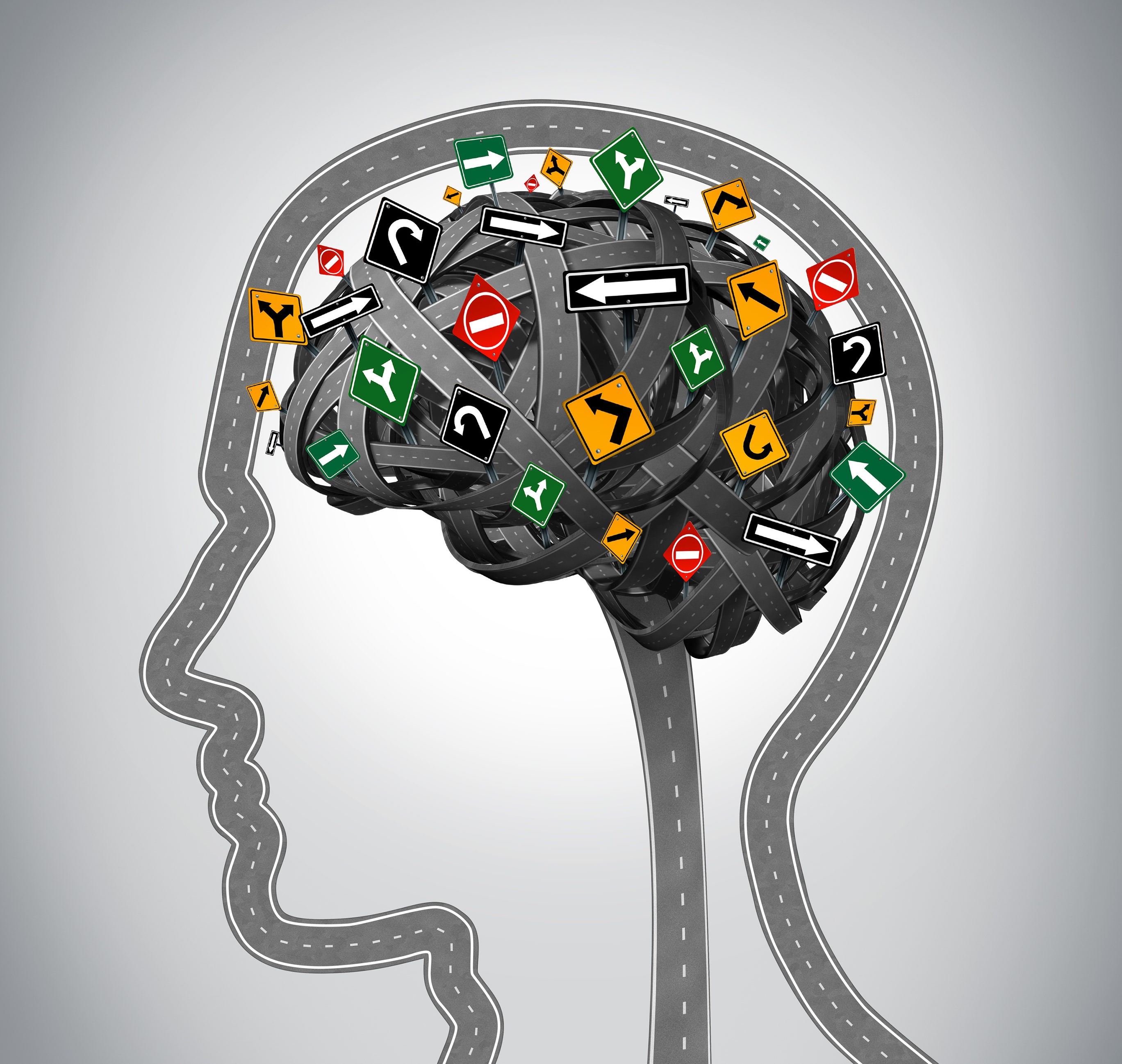Stress Release Benefits Your Mind, Body, and Emotions
Stress Release not only helps you reduce stress, it helps you

Stress Release Improves Executive Functioning

The Executive Functioning part of the brain helps us think clearly and make choices that keep us progressing toward our goals.
- It is needed to reason, plan, problem solve, organize, strategize, pay attention to and remember details.
- It helps us focus, exercise discipline and self-control, be flexible, modulate emotional responses, relate well with others, and initiate tasks or activities.
When we experience stress, all of these capabilities diminish, making it harder to live peaceful, happy, productive lives. Stress Release improves executive functioning because, when we release stress, executive functioning returns to full capacity.
Stress is Costly – You Don’t Need to Pay the Price
People suffer in their health, relationships and ability to achieve.
Companies suffer in rising health care costs and decreasing productivity.
Health Consequences
- 43% of all adults suffer adverse health effects from stress.
- 75% to 90% of all doctor's office visits are for stress-related ailments and complaints.
- Stress can play a part in problems such as headaches, high blood pressure, heart problems, diabetes, skin conditions, asthma, arthritis, depression, and anxiety. (WebMD)

Achievement Consequences
- Stress impedes executive functioning, reducing the ability to focus, reason, plan, problem solve, organize, strategize, exercise self-control, be flexible, modulate emotional responses and relate well with others.
- Managing stress-related issues often takes precedence over achieving long-term goals.
- The negative feelings that accompany stress can wipe out optimism and the motivation needed to succeed.

Relationship Consequences
- Stress produces underlying urges to argue and fight or run and hide.
- Stress deteriorates the interpersonal skills necessary for healthy cooperative relationships.
- Stress makes it difficult to resolve issues. Unresolved issues can damage even the best of relationships.
